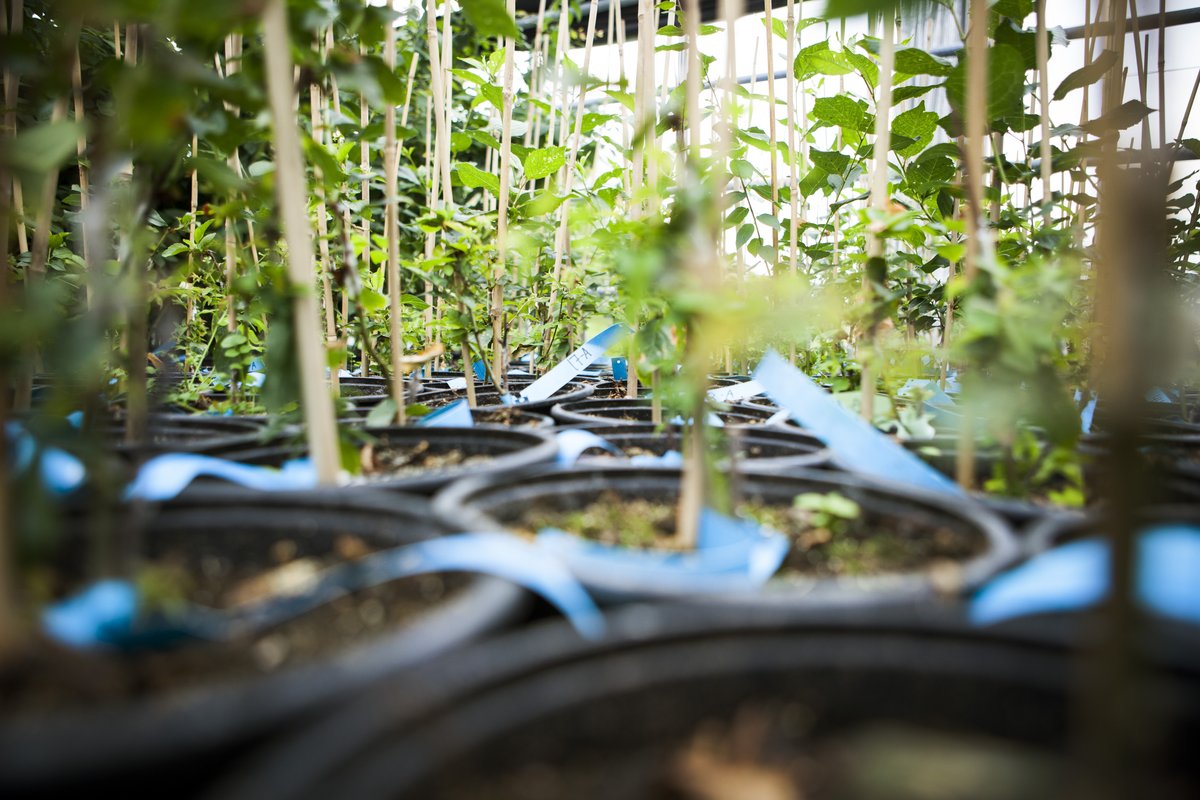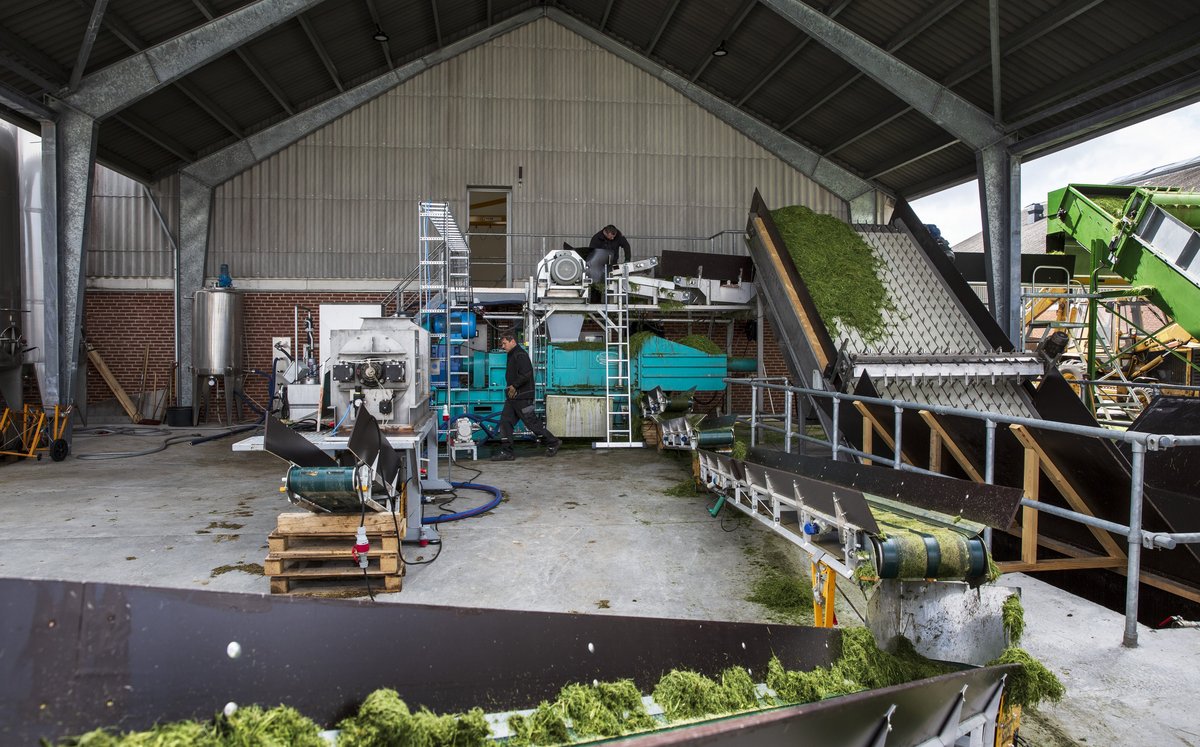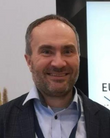Nutrient leaching puts a strain on both the natural environment and the economy, and the increasing world population highlights the need for circular solutions for nutrients in the feed, food, and animal system. Solving this problem is what the Circularity in Nutrients Hub is mainly concerned about.
What are we interested in?
-
Can we reduce leakage enough? And how do we quantify leakage?
-
Should we focus on increased re-utilisation instead of reducing losses?
-
Can we re-utilise nutrients from urine/sewers for input in food production?
-
How do we make food fertilised with nutrients from wastewater plants acceptable for the consumers?
-
Are there any unexploited side streams? Can single cell protein be a solution?
What are the main challenges?
Nutrients in waste from human food nutrients are to a high extent excreted into wastewater and nutrients are leached from the arable land to both ground water and environment. This cause unwanted impact on the environment, but minerals, especially phosphor is a limited resource and needs to be recycled. The potential economic value of increased utilization and recycling of nutrients is therefore high. The main challenge is therefore how we can reduce leakage, and how we can:
-
Demand and utilization of nutrients by plants and farm animals
Key characteristics of the Hub
Nutrients in waste from human food nutrients are to a high extent excreted into wastewater and nutrients are leached from the arable land to both ground water and environment. This cause unwanted impact on the environment, but minerals, especially phosphor is a limited resource and needs to be recycled. The potential economic value of increased utilization and recycling of nutrients is therefore high. The Circularity in Nutrients Hub wants to find:
- Circular solutions for nutrients, feed, food, animals, energy, and wastewater
- Filtration methods, such as direct membrane filtration, adsorption, and dynamic sand filters
- Microbial collection of nutrient salts from sludge/wastewater treatment plants
- Use of perennial crops on the fields
- New farming methods/practise for annual crops
- Nutrient utilization by plant and animals
- New EU regulations will cover bio-based fertilisers enabling this being put into practice
- Focus on nitrogen and phosphorous with carbon circularity as a minor focus


Who are we?
The Circularity in Nutiens Hub consists of researchers from all areas. We have come to learn, that people from social sciences are essential in defining the significant challenges, and engineers as part of coming up with innovative, technical solutions. If you have an interest in finding soloutions to the problem of nutrient waste, you are very welcome to join our Hub.
Academic coordinators
Administrative coordinators
Søren Krogh Jensen
Department of Animal and Veterinary Sciences
Aarhus University
Phone: +45 87 15 80 76
E-mail: skj@anivet.au.dk
Morten Lykkegaard Christensen
Section for Chemical Science and Engineering
Aalborg University
Phone: +45 99 40 84 64
Mobil: +45 21 62 72 16
E-mail: mlc@bio.aau.dk




